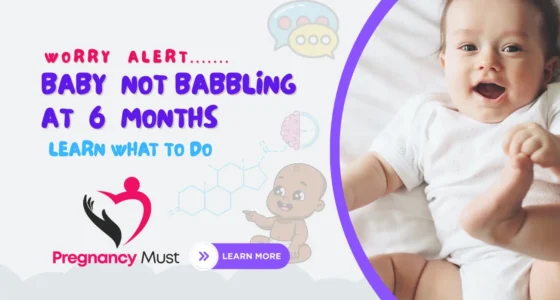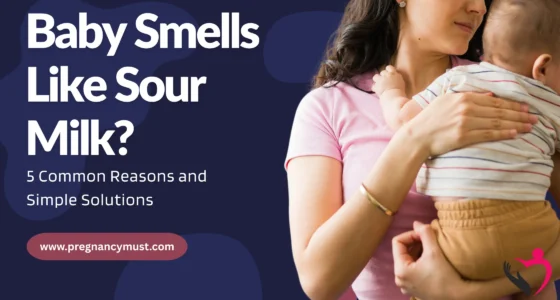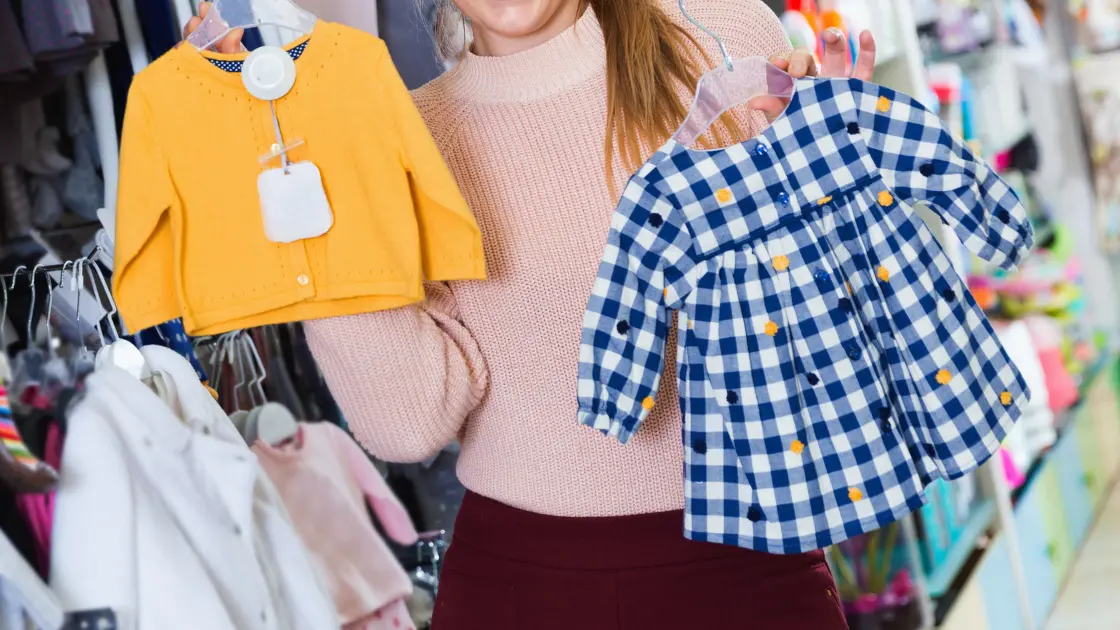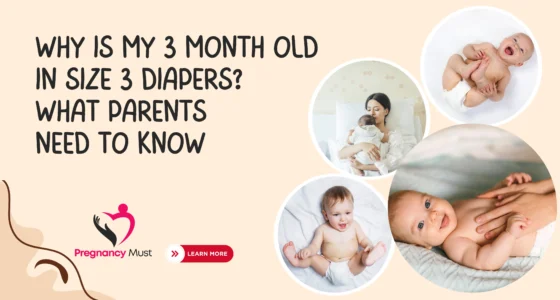It’s actually a matter of concern if your baby not clapping at 12 months. Clapping is known as a major symbol of social and motor milestones. This reflects growing communication and coordination. When clapping is missing, parents are often curious to know whether their child is developing typically. Thankfully, noticing this delay doesn’t mean reaching conclusions. It means arming yourself with knowledge and confidence.
Table of Contents
Understanding Milestones at 12 Months
Why Is Clapping an Important Developmental Sign?
Clapping is more than a cute gesture—it represents emerging social awareness, hand-eye coordination, and imitation skills. Generally, babies learns to clap in the range of 9 to 10 months. When a 12 month old not clapping or waving, it may require monitoring other developmental indicators as well.
My brother never stood up alone before suddenly starting to walk all of a sudden at the age of 10 months. Babies sometimes miss certain development milestones or reach them later. What matters most is overall development. If walking, babbling, and making eye contact are okay with the age of your baby, a clapping delay may not be a cause for worry. But, if other indicators are also absent—like waving, pointing, or mimicking sounds—it may need further attention.
Typical Timeline: When Do Babies Start Clapping?
Most babies begin to clap as early as 9 months of age. Some start closer to their first birthday. It often develops after a baby learns to bang objects together or mimic others. By a year, most babies will at least attempt to mimic clapping or respond with excitement when they see someone doing it.
In the baby’s early age, developmental progress should be monitored closely. If your baby not clapping at 12 months, ask yourself: Is your baby responding to voices? Smiling at familiar faces? Using gestures like reaching or crawling toward objects? These are equally important signs of typical development.
What If My Baby Is Not Clapping Yet?
Signs It Might Be Time to Consult a Professional
If your 12 month old not clapping or waving, and also not showing other signs of social interaction (e.g., responding to name, smiling, or pointing), it may be time to talk to your pediatrician. A baby who seems disengaged or lacks interest in their surroundings might benefit from further evaluation.
Developmental delays can differ broadly in reason and intensity. In many cases, early intervention can close the gap quickly. Even though it’s important to report concerns early rather than delaying.
Could It Be Autism? Understanding the Signs
One of the most common questions from concerned parents is whether the absence of clapping might indicate autism spectrum disorder (ASD). While the absence of a single milestone isn’t diagnostic, multiple missing milestones could suggest the need for further screening.
Here are some common signs of autism in 12 month old infants:
- Gestures such as pointing, clapping, or waving are missing
- Not responding when called by their name by 12 months
- Limited or no eye contact
- No babbling or simple words
- Limited facial expressions or social smiling
If these signs accompany your baby not clapping at 12 months, speak to your healthcare provider. A developmental screening or referral to early intervention services can help assess and support your child’s needs.
Encouraging Your Baby to Clap
Practical Ways to Support Your Baby’s Development
Fortunately, there are many effective and gentle strategies you can use at home to help encourage your baby to clap. If you’re wondering how to teach baby to clap, keep these fun and easy techniques in mind:
- Be a Role Model
Babies learn by observing and imitating. Make clapping part of your daily routine—during songs, celebrations, or when your baby does something exciting.
- Play with Music and Rhythm
Songs like “If You’re Happy and You Know It” or “Pat-a-Cake” are perfect for encouraging clapping. Use the hand-over-hand technique if the baby isn’t trying it on their own.
- Celebrate Every Effort
Even partial attempts should be met with enthusiastic praise. Positive reinforcement helps reinforce the behavior and makes learning more enjoyable.
- Use Toys and Mirrors
Clapping while standing in front of a mirror may help your baby by watching the action. You can also use toys that make noise when tapped or clapped to add an auditory reward.
- Repetition and Routine
Consistency is key. Repeated exposure and encouragement in a variety of settings—like mealtime, bath time, or story time—help reinforce the motion and build muscle memory.
Remember, every baby progresses at their own pace. Focus on providing a supportive, engaging environment rather than pushing too hard.
When to Seek Help
Pediatric Guidance and Early Intervention
Baby not clapping at 12 months, and developmental stimulation at home hasn’t worked; it’s time to involve your pediatrician. Expect your healthcare provider to:
- Ask about other milestones
- Observe your baby’s interaction
- Possibly recommend a developmental screener
- Suggest early intervention services if needed
In the U.S., you can access early intervention through your state’s public health services (often called Birth to Three programs). These services are often free or low-cost and can significantly benefit children showing early delays.
Early intervention may involve specialists such as occupational therapists, speech-language pathologists, or developmental therapists. These professionals work with both the child and the parents to create an engaging plan that promotes developmental growth.
Final Thoughts
Every baby develops uniquely. While it is understandable to be concerned if a baby not clapping at 12 months, it is not always indicative of a serious issue. Pay attention to other developmental milestones, engage with your baby regularly, and introduce clapping in a fun, pressure-free manner. Explore our Q&A for helpful tips and essential guidance.
Most importantly, trust your instincts. If something is bothering you, don’t hesitate to ask for help. Early detection and intervention can lead to better outcomes and reduce parental stress.









